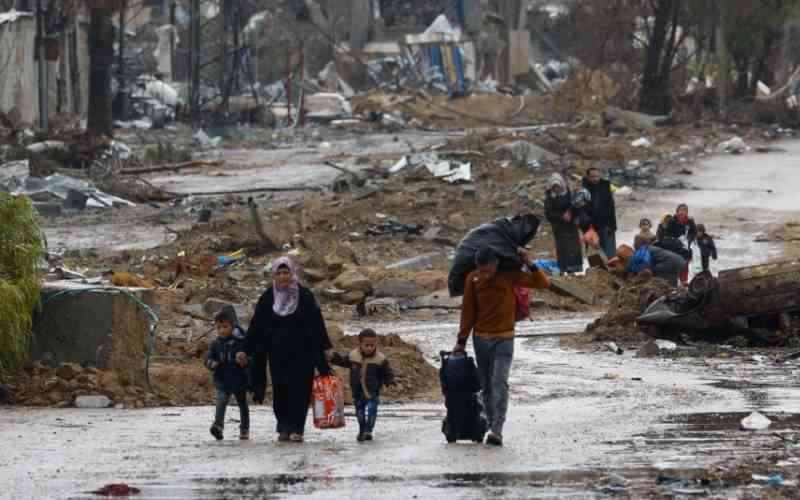×
The Standard e-Paper
Home To Bold Columnists

Israel and Hamas reached an agreement Monday to extend their cease-fire in Gaza for two more days, with the militants releasing more hostages and the Jewish state freeing more Palestinian prisoners, the Qatari government announced.
The extension of the temporary cease-fire was negotiated by Qatar and came on the final day of the original four-day truce between the warring sides. The United States, which has been calling for a truce as long as hostages are being released, said it welcomed the extended cessation in fighting.